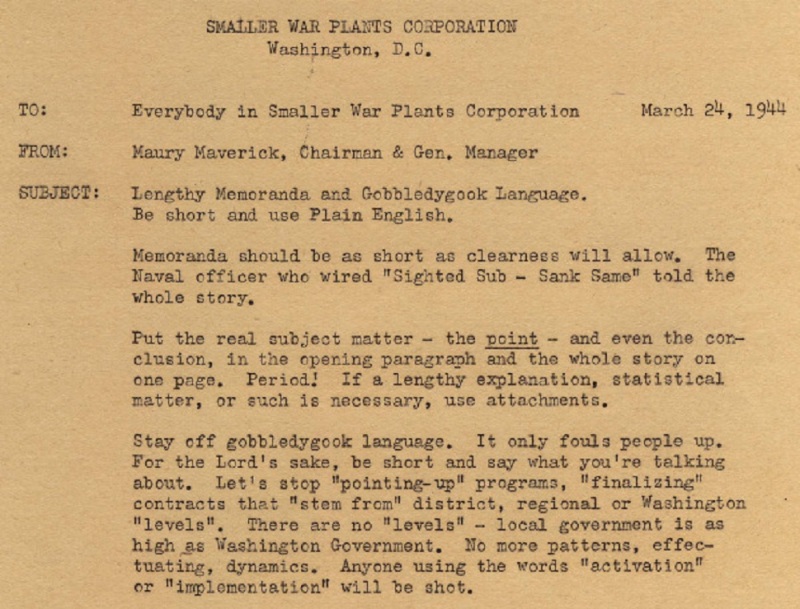ManifestDestiny
Automotive
Hi all
I've been binging a lot on documentaries lately, mostly on the grand old stuff that still amazes today, Concorde, SR-71, Apollo etc. Over the weekend me and some friends were catching up for some beers and inevitably it lead to the usual workplace whinge. We surmised that there are really no new problems, just new and innovative ways of F$&@ing something up, and every 5-7 years you just add another zero to the cost of the F$&@ up. Some of these folks were older than me (early 40's) so really still too young to be in the age of the grand stuff, who would be at least at retirement age and beyond by now. I think the majority of Engineers these days are pretty well acclimatised to the corporate buzzwords, sterile leadership, politics and smoke and mirrors that is the western corporate world (it seems to infect the anglo countries more than the europeans). As a young Engineer (29), I'm worried that we may never know what good leadership ever looked like and what professionalism and the craft of engineering really means.
So my question, whats changed? Has it changed? No doubt office politics and boondoggle's still happened, but I can only imagine the look on Kelly Johnson face at Lockheed or George Mueller when he was leading the Apollo program if you told them to "think outside the box", "innovate with blue sky thinking" or (I love this one) "leverage our technology stack". I'm sure the good stuff still exists, but I'm yet to see or hear about it.
What were the keys to success of those grand old projects?
I've been binging a lot on documentaries lately, mostly on the grand old stuff that still amazes today, Concorde, SR-71, Apollo etc. Over the weekend me and some friends were catching up for some beers and inevitably it lead to the usual workplace whinge. We surmised that there are really no new problems, just new and innovative ways of F$&@ing something up, and every 5-7 years you just add another zero to the cost of the F$&@ up. Some of these folks were older than me (early 40's) so really still too young to be in the age of the grand stuff, who would be at least at retirement age and beyond by now. I think the majority of Engineers these days are pretty well acclimatised to the corporate buzzwords, sterile leadership, politics and smoke and mirrors that is the western corporate world (it seems to infect the anglo countries more than the europeans). As a young Engineer (29), I'm worried that we may never know what good leadership ever looked like and what professionalism and the craft of engineering really means.
So my question, whats changed? Has it changed? No doubt office politics and boondoggle's still happened, but I can only imagine the look on Kelly Johnson face at Lockheed or George Mueller when he was leading the Apollo program if you told them to "think outside the box", "innovate with blue sky thinking" or (I love this one) "leverage our technology stack". I'm sure the good stuff still exists, but I'm yet to see or hear about it.
What were the keys to success of those grand old projects?


![[lol] [lol] [lol]](/data/assets/smilies/lol.gif)

![[dazed] [dazed] [dazed]](/data/assets/smilies/dazed.gif)
![[curse] [curse] [curse]](/data/assets/smilies/curse.gif)